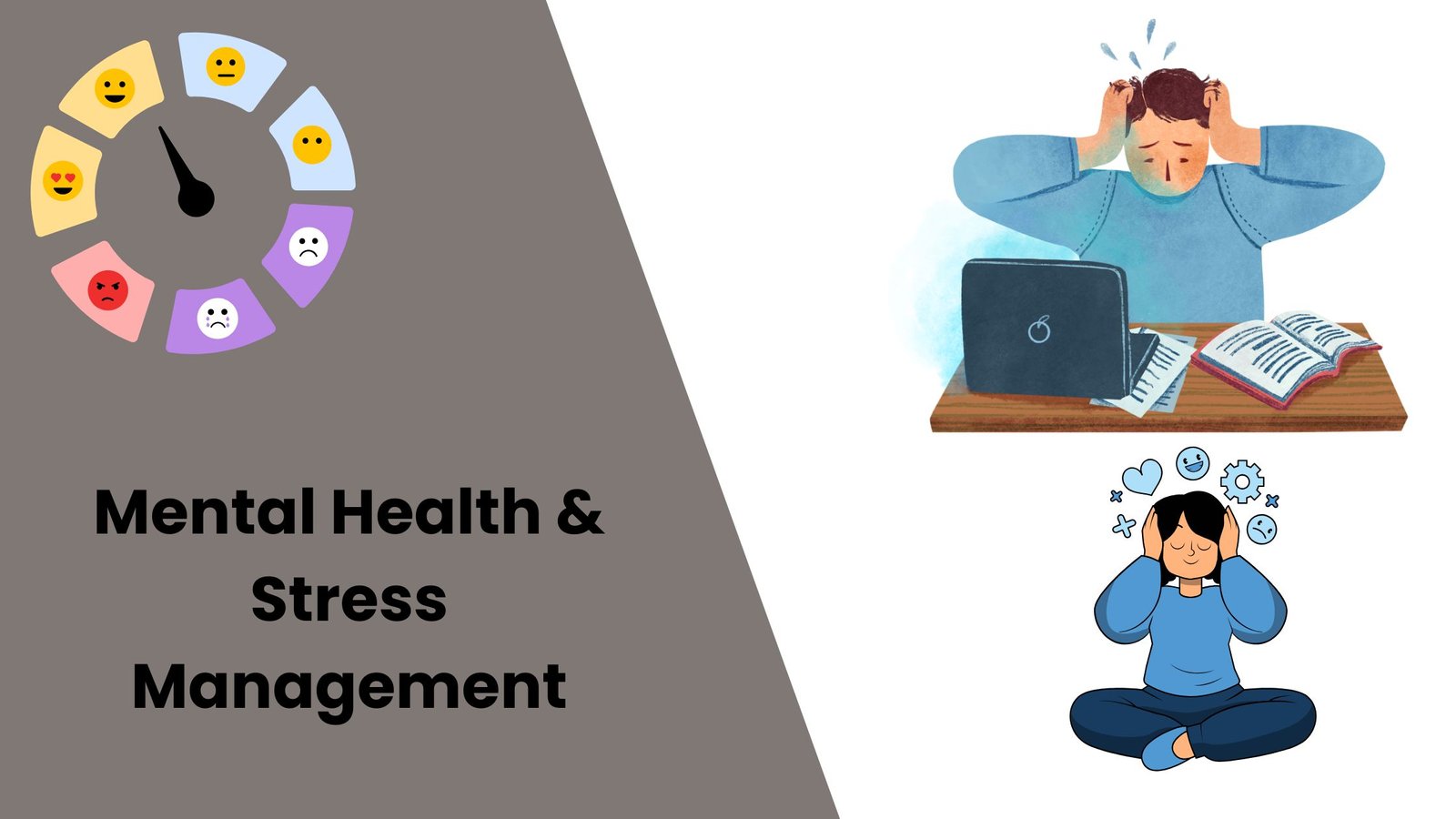
Latest Posts
Title:
“Under Pressure: What 32 Students Taught Us About Mental Health in Higher Education”
By Junanda Waikhom
Published on April 2, 2025

Blog Article:
University life is often portrayed as a time of growth, discovery, and social connection—but behind the scenes, many students are battling a different reality: stress, anxiety, and depression. In a recent mini-study involving 32 undergraduate and postgraduate students, we uncovered some powerful insights into what students are really going through—and why institutions must take mental health more seriously.
The Hidden Burden of Higher Education
Academic pressure, financial worries, emotional isolation, and high expectations: these are just some of the stressors that students silently carry. Over 66% of respondents said they struggle with sleep, while over 76% feel weighed down by financial concerns. These numbers aren’t just statistics—they’re cries for help.
One of the most telling results? More than 70% of students feel overwhelmed by expectations—whether from themselves, their families, or society. And 64.5% report mood swings or emotional outbursts that hint at underlying mental health issues.
What Stress Looks Like on Campus?
Stress doesn’t just affect students academically—it impacts their daily habits, relationships, and overall health:
- Concentration problems affect more than 75% of students.
- Nearly half report isolation and a lack of someone to talk to.
- Many students feel “under par” even at the start of the day, and over half say they skip wholesome meals in favor of snacks due to time or stress.
What’s even more alarming? 71.8% said they struggle to express emotions when they’re under stress. This emotional bottleneck adds to the sense of disconnection, even in the most connected generations.
Are Coping Strategies Enough?
Yes and no. While over 80% of students said they engage in some form of stress-relieving activity—like hobbies, exercise, or meditation—those measures often fall short against the pressures they face daily. Stress is deeply embedded in the academic structure, and coping alone isn’t enough.
A Call to Action for Institutions
If we want students to thrive, we must go beyond academic excellence and prioritize emotional well-being. Universities must:
- Offer accessible, stigma-free mental health support.
- Incorporate mental wellness education into the curriculum.
- Train faculty to recognize distress and respond with compassion.
- Promote time management, resilience training, and mindfulness.
Final Thoughts
This study didn’t just collect data—it gave voice to the often-invisible struggles of students. While many push through with strength and resilience, the cracks are showing. And if we don’t act now, we risk letting an entire generation suffer silently.
Let’s turn data into change. Let’s build campuses where students don’t just survive—but genuinely thrive.